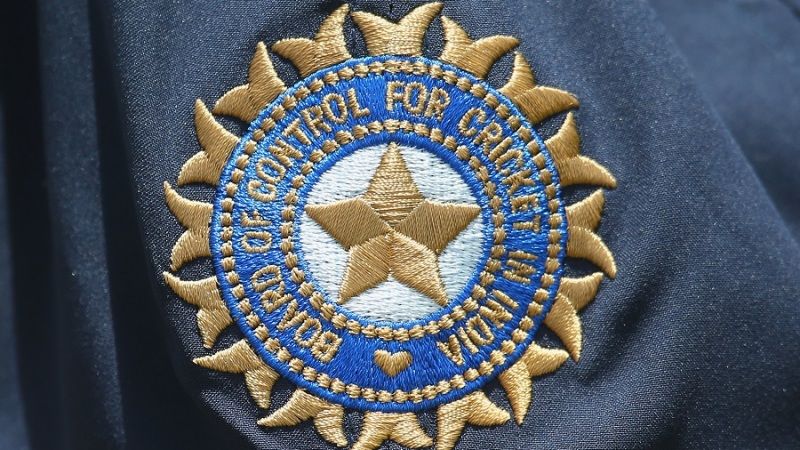In what is likely to have a bearing on the BCCI elections, the Committee of Administrators (CoA) has disqualified three key state associations – Tamil Nadu, Haryana and Maharashtra – for failing to comply with the board’s new constitution. These three states have been declared non-compliant and are barred from participating in the BCCI elections scheduled for October 23 in Mumbai.
In response, the TNCA has said they will ask the Supreme Court to intervene should the board’s electoral officer N Gopalswami, who is likely to announce the final electoral roll on Thursday, rules against their representative attending the elections. This CoA directive has been sent to both Gopalswami and P Narasimha, the amicus curiae appointed by the Supreme Court.
Vinod Rai, the CoA chairman, confirmed to ESPNcricinfo that all three associations were informed of their non-compliance on Tuesday. “We found their explanations to be unsatisfactory,” he said.
In an e-mail directive sent to all three states associations on Tuesday, the CoA said they were being “disqualified from participating in cricket administration and governance at the BCCI in any way whatsoever, including by participating and voting in the BCCI general body meeting.”
In the directive, the CoA also said all three state associations had lost the right to cast a vote at the BCCI elections “because it has not complied with the (court) judgment and it is necessary for the purpose of proper implementation as mandated by the Supreme Court.”
ESPNcricinfo understands the three-member CoA was split on the decision to bar the three state associations. While Rai and Ravindra Thodge were in favour of disqualification, Diana Edulji, the former Indian woman’s captain, objected. Rai and Thodge were of the opinion that the TNCA, HCA and MCA couldn’t have been exempted from complying with the new orders if a majority of the associations, around 30, did so.
Edulji is believed to have said compliance was just one thing and presented examples of several state associations, including Delhi & Districts Cricket Association and Baroda Cricket Association, that had violated various eligibility criterion while electing their office bearers.
The CoA had earlier issued a show cause notice and sought an explanation for non-compliance from the TNCA, HCA and MCA, while also asking them to comply with the new regulations. In Maharashtra’s case, it was pointed out that the MCA hadn’t even registered its constitution, which is mandatory.
While notifying all state associations about the elections in September, Gopalswami made it clear no association could send a representative or vote at the election if the CoA felt they were non-compliant with the new BCCI constitution drawn up on the basis of the Lodha Committee recommendations.
Among the three associations, the TNCA has been most vocal about its opposition to CoA’s stance on compliance. In their response to the show cause notice, the TNCA stated the CoA didn’t have the authority to decide if a state association was compliant or not.
“The job of the CoA is only to file a status report with reference to the compliance undertaken by the state associations,” RS Ramasamy, the newly elected TNCA secretary, wrote in an email to Gopalswami on September 30.
Ramasamy, who has also been chosen by the TNCA to attend the BCCI elections, also pointed out that only the Supreme Court had the right to suspend any state association from attending the BCCI election. In the email to Gopalswami, he said the TNCA “shall not be restrained” from attending the board elections on the “ground of having not being found to be compliant” by the CoA.
“Any such act on your part of restraining the TNCA from participating in the BCCI elections would amount to contempt of the 9th August Judgment and 20th September order.”
